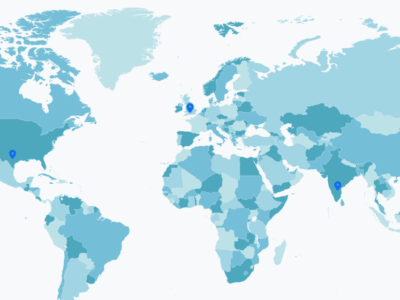
Hong Kong changes set to disrupt semiconductor supply chain
The US announced its change on June 29 in response to the Hong Kong national security law recently passed by the Chinese government. The reason given by the US is that there is now an increased risk of US technology being diverted and made accessible to the China government.
Hong Kong has developed as a substantial warehousing hotbed for many chip manufacturers as much of their product is headed towards electronic manufacturing services company in China. The cancellation of the preferential status is likely to change geographical arrangements and chip manufacturers’ strategies, TrendForce said.

Additional semiconductor-related items covered under the April 27 expansion of military end use/user controls. Source: TrendForce.
TrendForce stressed that companies may have to change arrangements rapidly and allow additional time for licensing and supply shipments. With the Elimination of License Exception Additional Permissive Reexports (APR) Provisions on June 29 companies now have to apply for a special export license if they want to export technology products, including semiconductor components, to China through Hong Kong. And they have to allow time for it to be considered and granted.
In addition companies will now have to set up alternative shipping routes and make contracts with different parties to whom the products will be delivered and where they may be warehoused securely.
TrendForce said Taiwanese semiconductor companies occupy an important position in the global chip design, foundry manufacture, package and test supply chain and will need to be careful to avoid falling foul of the export controls.
Related links and articles:
News articles:
Report: VC dealings at heart of ARM’s China trouble
TSMC dragged to the altar of US manufacturing
Semiconductor industry pushes back against US export controls
 If you enjoyed this article, you will like the following ones: don't miss them by subscribing to :
eeNews on Google News
If you enjoyed this article, you will like the following ones: don't miss them by subscribing to :
eeNews on Google News



